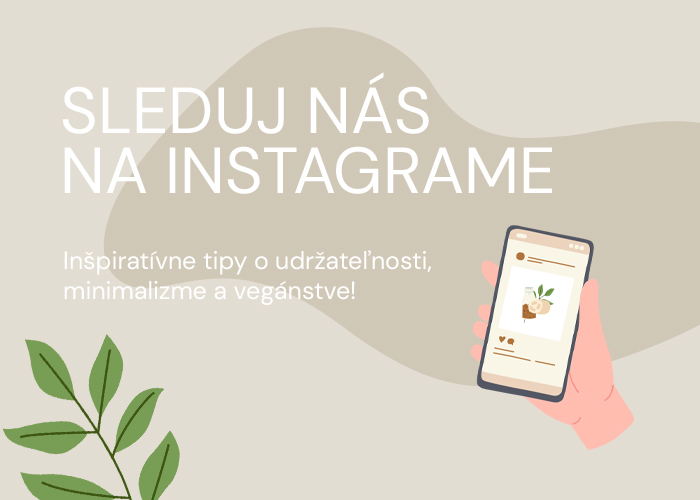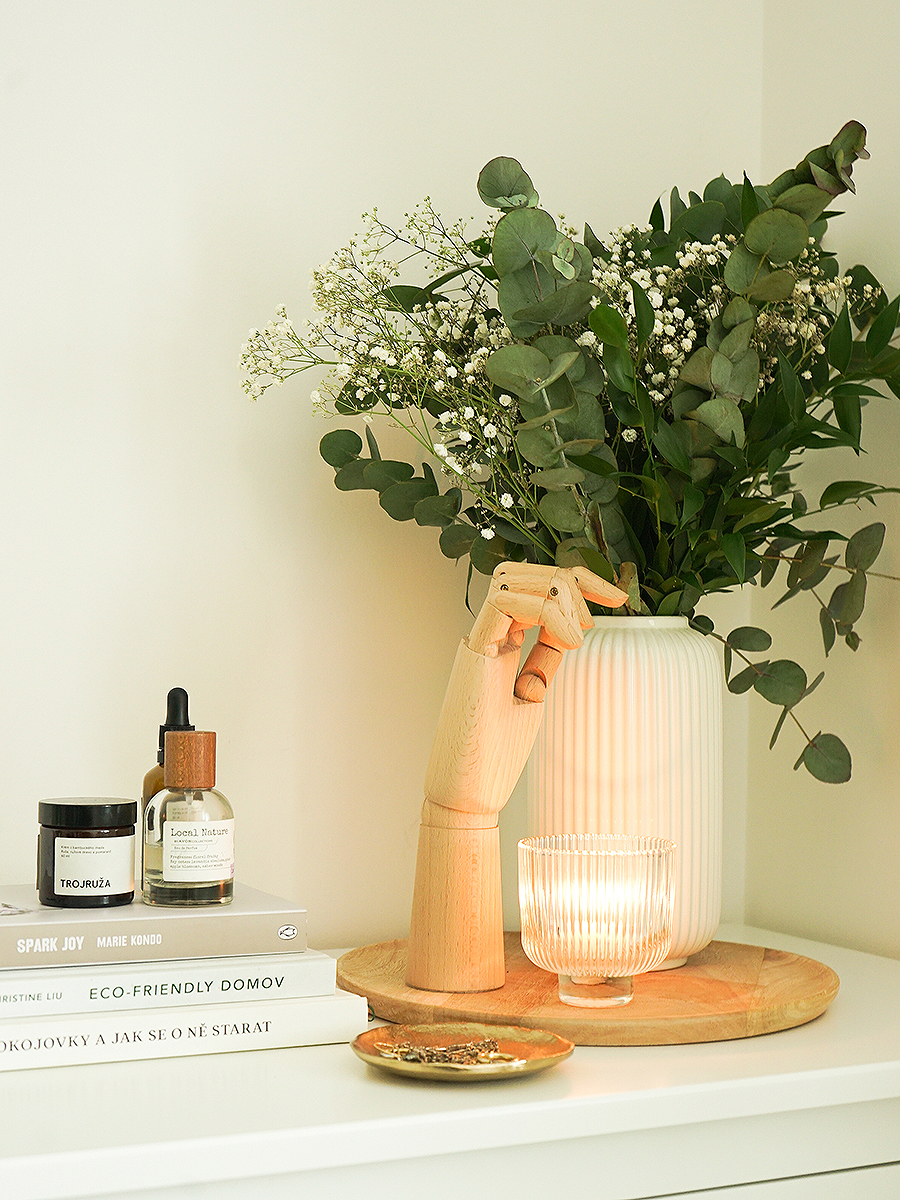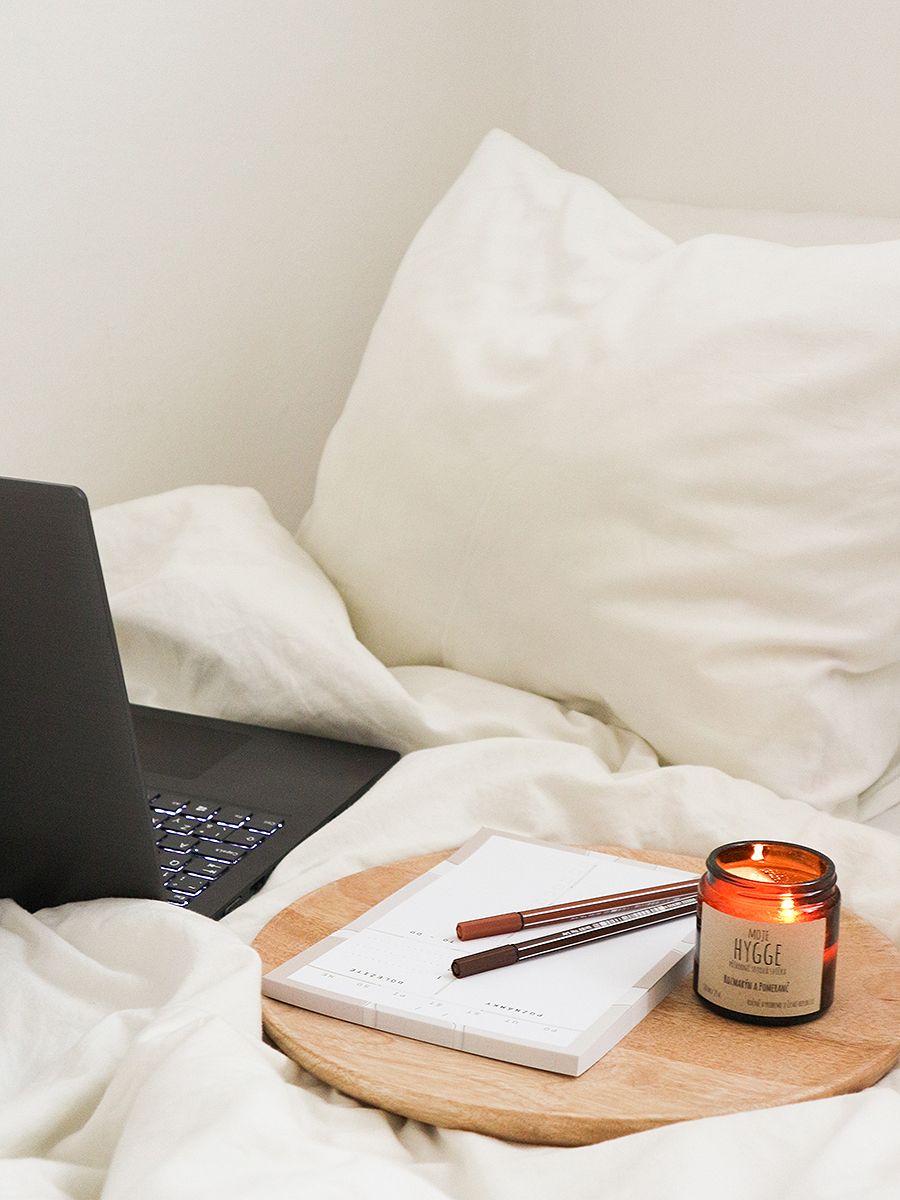
Minimalism is an area in which, even after three years, I still feel like a newcomer. I’m familiar with the basics, I have read countless articles and seen perhaps an even greater number of videos, series or documentaries on the subject; and yet I feel that I’m still at the beginning of my journey.
I grew up surrounded by a huge number of material things. We are three sisters very close to each other — and we had a lot, but a lot of toys, books, crayons. From an early age, I tended to put everything away, I had drawers full of notebooks, drawings and papers of various kinds. And the same was with clothes, as we inherited a lot from family and relatives and I felt bad to throw something away or pass it along, books that I have never read to this day, and so on.
When I came across minimalism and started to learn more about it, it was immediately clear to me that it was something I wanted to implement in my life. And the first step was a thorough sorting of what I own. But it wasn’t until later that I discovered that minimalism isn’t just decluttering.

Decluttering = one-time activity
Hand up all those who said on Saturday morning that they were going to declutter everything thoroughly from the closet to the boxes under the bed, and it took them all weekend because there was too much stuff. Or they didn’t even clean everything, after a few hours they wrapped it up and went to do something more meaningful.
When you have a lot of things, decluttering can take a lot of time. And even if you clean and sort things out every week, it’s still just a one-time thing. You will clean up what you used during the week — leaflets and mail from the mailbox, food, clothes you wore, plates and pots used to prepare lunch and dinner, a book you read before going to bed yesterday, a document holder in which you were looking for some old paper. But it’s still just a one-time decluttering. Activity. You declutter over the weekend, and from Monday, the creation of the mess starts again.
Minimalism = lifestyle
Minimalism is a lifestyle based on the fact that a person owns only what they really need and what brings them happiness. Minimalism looks different for everyone — there are extreme minimalists who can pack everything they own into one backpack, travel around the world and do not stay anywhere for too long, but there are also those who, at first glance, live a completely normal life, have a family, a job, a home.
For everyone, decluttering is the first step to a minimalist life. Removing all distractions, saying goodbye to what we don’t need, looking for compromises. But it doesn’t end there. Repeated decluttering will not make you a minimalist.
It’s about a change of mindset. From childhood we have been forced to think that the one who has more is happy and successful. Only those who have a big house, an expensive car and walk in a luxury suit have really achieved something in life. Movies, books, media, ads — it all gives us the feeling that if we buy, we will live better.
Minimalism fights against all this, looks for harmony, simplicity and inner peace. It learns not to compare yourself with others, forces you to focus on your own priorities. It shows how free and easy it is to live, when you don’t have every corner full of unnecessary things, when you return to a tidy home in the evening. How much time do you save when you are getting ready for work in the morning, when you are packing for a vacation or when you are cooking Sunday lunch. How great you feel when you listen to your own body, you do what you enjoy and love, and you don’t get distracted.
And while decluttering will give you a sense of peace and balance for just a moment, minimalism builts a whole life on this.

Minimalizmus je oblasť, v ktorej sa i po troch rokoch stále cítim ako nováčik. Základy sú mi známe, čítala som už nespočetne veľa článkov a videla snáď ešte väčšie množstvo videí, seriálov alebo dokumentov na túto tému; a predsa mám pocit, že stále stojím iba na začiatku svojej cesty.
Vyrastala som obklopená obrovským množstvom hmotných vecí. Sme tri sestry vekovo veľmi blízko pri sebe — a mali sme veľa, ale skutočne veľa hračiek, kníh, farbičiek. Odmala som mala tendenciu všetko si odkladať, mala som zásuvky preplnené zápisníkmi, kresbami a papiermi rôzneho druhu. A to isté bolo aj v oblečení, keďže veľa sme toho podedili od rodiny a známych a bolo mi ľúto niečo vyhodiť alebo posunúť ďalej, knižkách, ktoré som dodnes nikdy nečítala, a podobne.
Keď som sa narazila na minimalizmus a začala si o ňom zisťovať viac, hneď mi bolo jasné, že je to niečo, čo chcem implementovať do svojho života. A prvým krokom bolo dôkladné pretriedenie toho, čo vlastním. No až neskôr som zistila, že minimalizmus nie je len upratovanie.

Upratovanie = jednorazová záležitosť
Ruku hore všetci tí, ktorí si v sobotu ráno povedali, že idú dôkladne upratať všetko od skrine až po škatule pod posteľou a zabralo im to celý víkend, lebo toho bolo príliš veľa. Alebo ani neupratali všetko, po pár hodinách to zabalili a šli robiť niečo zmysluplnejšie.
Keď toho máte veľa, upratovanie dokáže zabrať veľmi veľa času. A aj keď by ste upratovali a triedili veci každý týždeň, stále je to iba jednorazová vec. Upratujete to, čo ste počas týždňa používali — letáky a poštu zo schránky, jedlo, oblečenie, ktoré ste mali na sebe, taniere a hrnce použité an prípravu obedov a večere, knihu, ktorú ste včera čítali pred spaním, odkladač s dokumentami, v ktorých ste hľadali nejaký starý papier. Ale stále je to len jednorazové upratovanie. Činnosť. Cez víkend upracete, a od pondelka začína vytváranie neporiadku znova.
Minimalizmus = životný štýl
Minimalizmus je životný štýl založený na tom, že človek vlastní len to, čo skutočne potrebuje a čo mu prináša šťastie. Pre každého vyzerá minimalizmus inak — sú extrémni minimalisti, ktorí všetko, čo vlastnia, vedia zbaliť do jedného batohu, cestujú po svete a nikde sa nezdržia príliš dlho, no sú aj tí, ktorí na prvý pohľad žijú úplne bežným životom, majú rodinu, prácu, domov.
Pre všetkých je upratovanie prvým krokom k minimalistickému životu. Odstránenie všetkých rušivých elementov, rozlúčenie sa s tým, čo nepotrebujeme, hľadanie kompromisov. Lenže tam to nekončí. Opakované upratovanie z vás minimalistu nespraví.
Je to o zmene myslenia. Už z detstva máme natlačené do hlavy, že ten, kto má viac, je šťastný a úspešný. Len ten, kto má veľký dom, drahé auto a chodí v luxusnom obleku, v živote skutočne niečo dokázal. Filmy, knihy, médiá, reklamy — to všetko nám dáva pocit, že pokiaľ budeme kupovať, budeme sa mať lepšie.
Minimalizmus proti tomuto všetkému bojuje, hľadá harmóniu, jednoduchosť a vnútorný pokoj. Učí neporovnávať sa s ostatnými, núti sústrediť sa na vlastné priority. Ukazuje, ako voľne a ľahko sa žije, keď nemáte každý kút preplnený zbytočnosťami, keď sa večer vrátite do uprataného domova. Koľko času ušetríte, keď sa ráno chystáte do práce, keď sa balíte na dovolenku alebo keď varíte nedeľný obed. Ako skvelo sa cítite, keď počúvate vlastné telo, robíte to, čo vás baví a čo milujete, a nenecháte sa rozptyľovať.
A zatiaľ čo upratovanie vám prinesie pocit pokoja a rovnováhy len na chvíľku, minimalizmus vám na tom postaví celý život.





